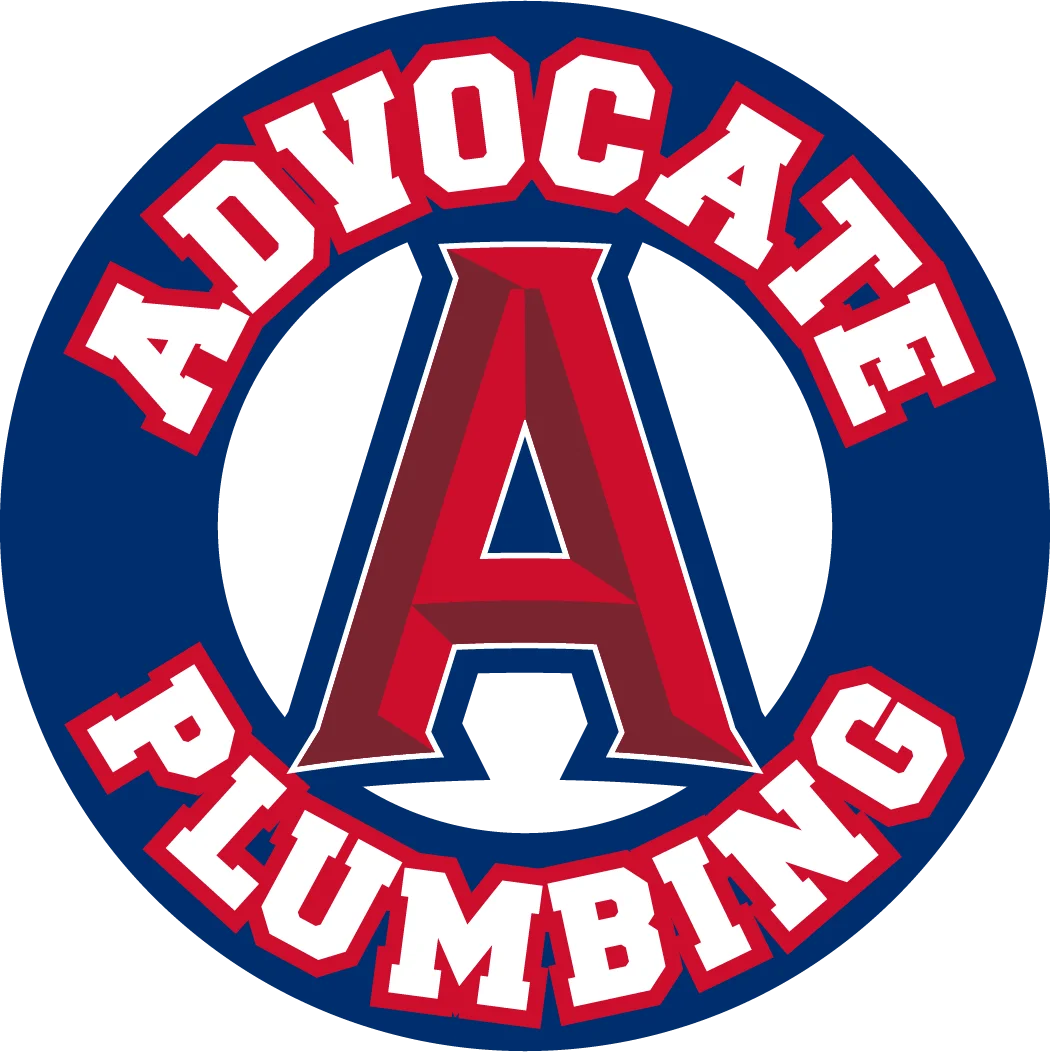Serving Hamilton County & Surrounding Areas
Why Is My Water Heater Beeping?
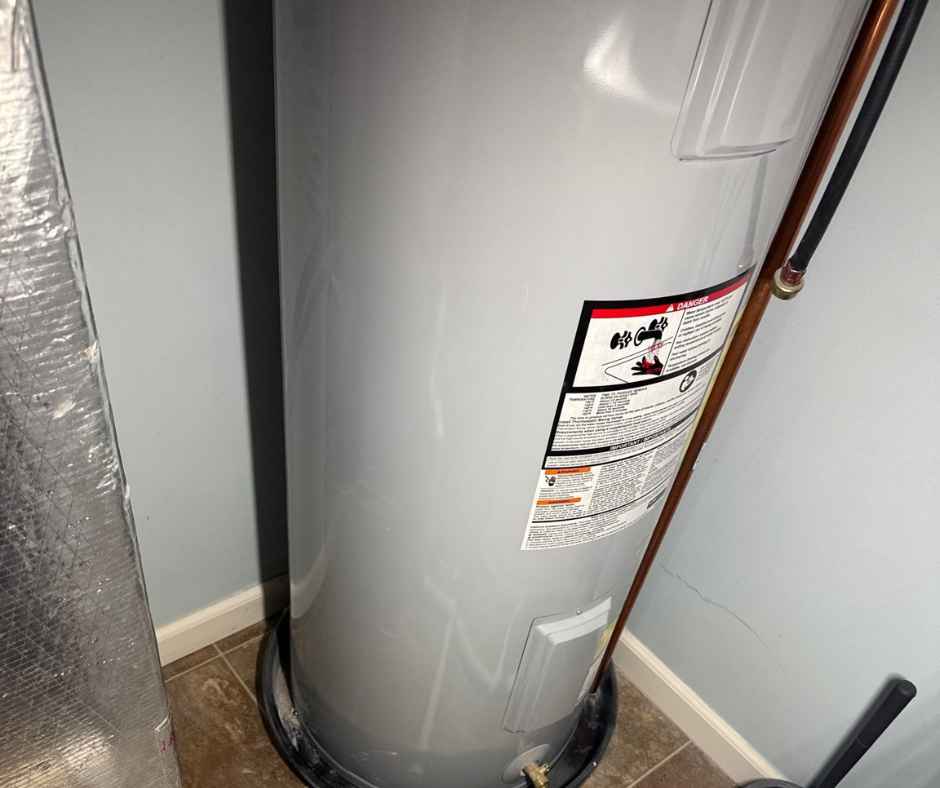
A beeping water heater is never a welcome sound. It’s one of those unexpected alerts that can easily cause stress, especially when everything else in your home seems to be running fine. But that beep is your system’s way of telling you something important—something that shouldn’t be ignored. Whether it’s a small maintenance reminder or a sign of a more serious issue, understanding what’s behind the sound is key to avoiding costly repairs down the line.
Fortunately, most water heater alerts have simple explanations—and often, simple fixes. In this blog, we’ll break down the reasons your water heater might be beeping, how to spot the signs, and what to do next.
Why Is My Water Heater Beeping?
When your water heater starts beeping, it’s more than just an annoying noise—it’s a built-in safety or maintenance alert. Most modern water heaters are equipped with alarms to let homeowners know when something isn’t quite right. These systems are designed to detect problems early before they escalate into major failures.
The beeping could be triggered by something simple, like a reminder for routine maintenance, or it could be a warning about overheating, leaking, or electrical issues. These alerts help protect your home from damage and ensure your water heater stays efficient and safe to use.
If ignored, the cause of the beeping may lead to reduced hot water, higher energy bills, or even structural damage from leaks. That’s why paying attention to this signal—and knowing what it means—is so important.
Key Signs, Symptoms, or Causes
Understanding the specific symptoms your water heater is showing—along with that persistent beep—can help pinpoint the issue faster. Let’s look at what you should be noticing and what might be causing it.
Common Signs
Keep an eye (and ear) out for these warning signals:
- Beeping at regular intervals – Often signals a programmed alert or an error.
- Flashing lights or error codes – Many units display digital codes alongside the beep.
- Inconsistent hot water – Fluctuations or loss of heat can signal internal problems.
- Water pooling around the unit – A sign of a leak triggering the alarm.
- Strange noises – Rattling or popping sounds may mean sediment buildup is causing the system to overheat.
Causes / Why It Happens
Several different issues might trigger the beeping sound, including:
- Sediment buildup: Over time, minerals can collect at the bottom of the tank, which can cause overheating and trigger an alarm.
- Leak detection sensor: Many newer water heaters have sensors that beep when they detect moisture near the unit.
- Faulty heating element or thermostat: If your water isn’t getting hot or is too hot, internal components may be failing.
- Electrical or gas supply problems: A disruption in power or gas flow can set off alarms to prevent system damage.
- Maintenance reminder: Some models are programmed to beep periodically, reminding you it’s time for a flush or inspection.
Solutions or Ways to Fix the Problem
Once you understand what might be causing the beeping, the next step is knowing what to do about it. Some problems are easy to troubleshoot at home, while others require a licensed plumber to fix safely and correctly.
DIY Solutions
For minor issues, try these steps before calling in a professional:
- Reset the unit: Most water heaters have a reset button—refer to your user manual and press it if it’s safe to do so.
- Flush the tank: If you suspect sediment buildup, draining and flushing the tank can restore performance and stop the beeping.
- Check for visible leaks: Look around the base and plumbing connections for signs of moisture or dripping water.
- Inspect the display panel: Some models show error codes—refer to your manual or the manufacturer’s website to interpret the code.
- Tighten connections: Gently tighten any loose wiring or hose fittings you can access without removing panels or covers.
These simple steps can often silence the beep and prevent further complications, especially if the issue is minor or maintenance-related.
When to Call a Professional
Certain situations require trained expertise. Contact a plumber if:
- The beeping persists after you’ve tried troubleshooting.
- The display shows an error code you don’t understand or can’t clear.
- There’s no hot water at all, or the water is discolored or smells bad.
- You suspect electrical or gas supply issues.
- There’s visible damage to the unit, including rust, corrosion, or burning odors.
Working with electricity, gas, or pressurized hot water systems can be dangerous. If you’re uncertain, it’s always safer to bring in a professional.
Additional Tips or Maintenance to Prevent the Issue
A little preventive care goes a long way when it comes to avoiding those unexpected beeping alerts. These easy tips can help keep your water heater running smoothly and quietly:
- Flush your water heater once or twice a year to remove sediment buildup that can trigger high-temperature warnings or reduce efficiency.
- Check for leaks regularly, especially around the base, pipe connections, and pressure relief valve.
- Install a drip pan and leak detector if your water heater is in a finished space or basement—some even come with automatic shutoff features.
- Test the temperature-pressure relief valve at least once a year to ensure it’s functioning properly.
- Schedule a professional inspection annually to catch wear-and-tear issues before they become serious.
- Keep an eye (and ear) on performance changes, like longer heating times or inconsistent water temperature.
Staying on top of these small tasks can prevent many of the issues that cause water heaters to beep in the first place—and extend the lifespan of your system, too.
Wrap-Up: Don’t Ignore a Beeping Water Heater
A beeping water heater isn’t just background noise—it’s your system’s way of asking for attention. Whether it’s a simple reminder or a warning of a larger problem, taking quick action can save you from bigger issues like water damage, system failure, or expensive repairs.
Some beeps can be solved with a reset or routine maintenance, but others need a professional eye to get things back on track. Knowing the signs and staying proactive with care will keep your water heater running safely and efficiently.
If your water heater is beeping and you’re not sure why, Advocate Plumbing is here to help. Contact our expert team today to schedule an inspection or repair—we’ll stop the beep and restore your peace of mind.
Recent Posts
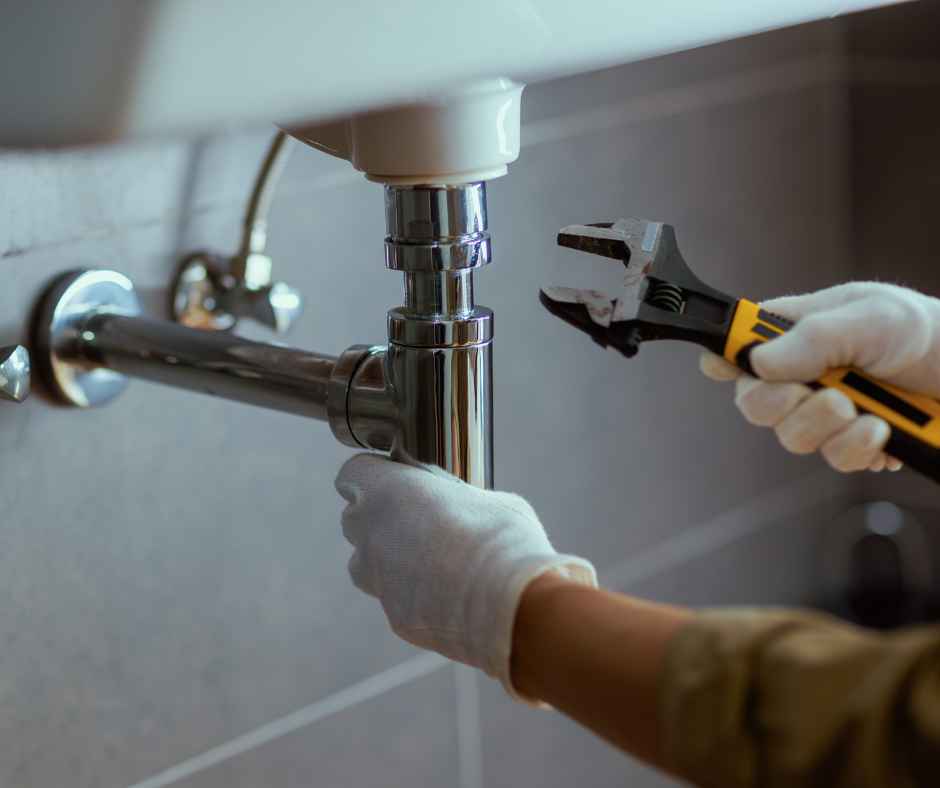
Why Hiring a Licensed Plumber Matters for Your Home’s Safety and Efficiency
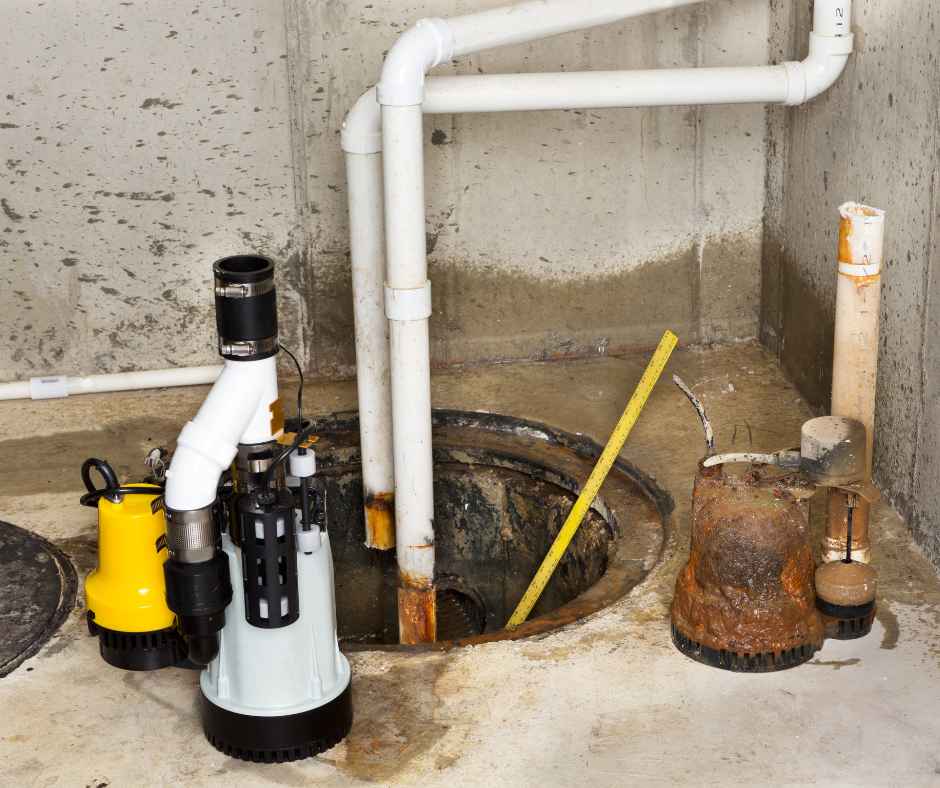
Why Your Sump Pump Needs Regular Maintenance and How to Do It
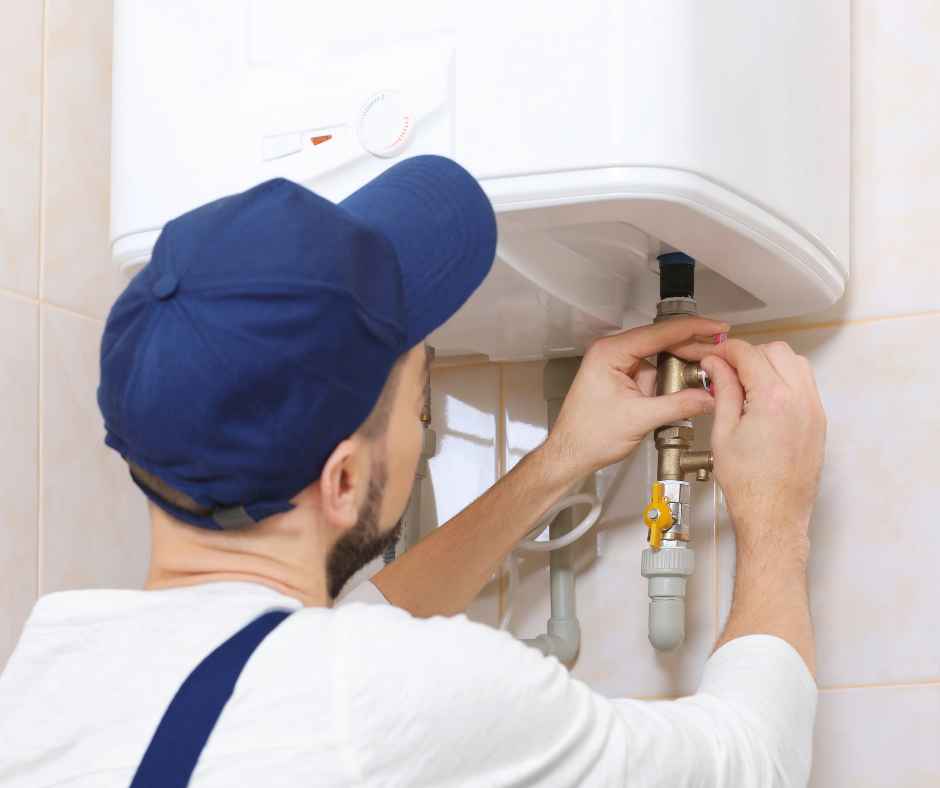
How to Choose the Right Water Heater for Your Home
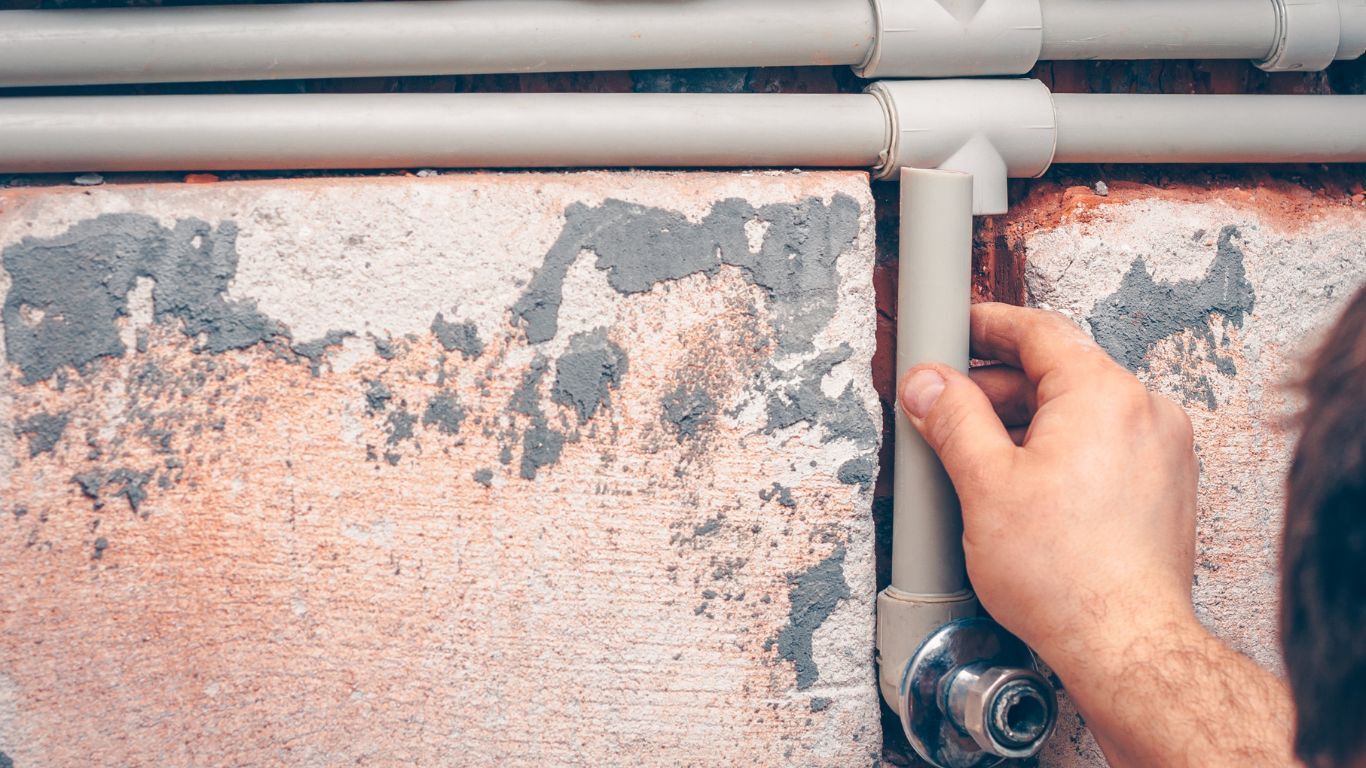
Preventive Plumbing Inspection Guide Every Homeowner Should Follow

Reverse Osmosis vs. Water Softener: Which Is Right for Your Home?
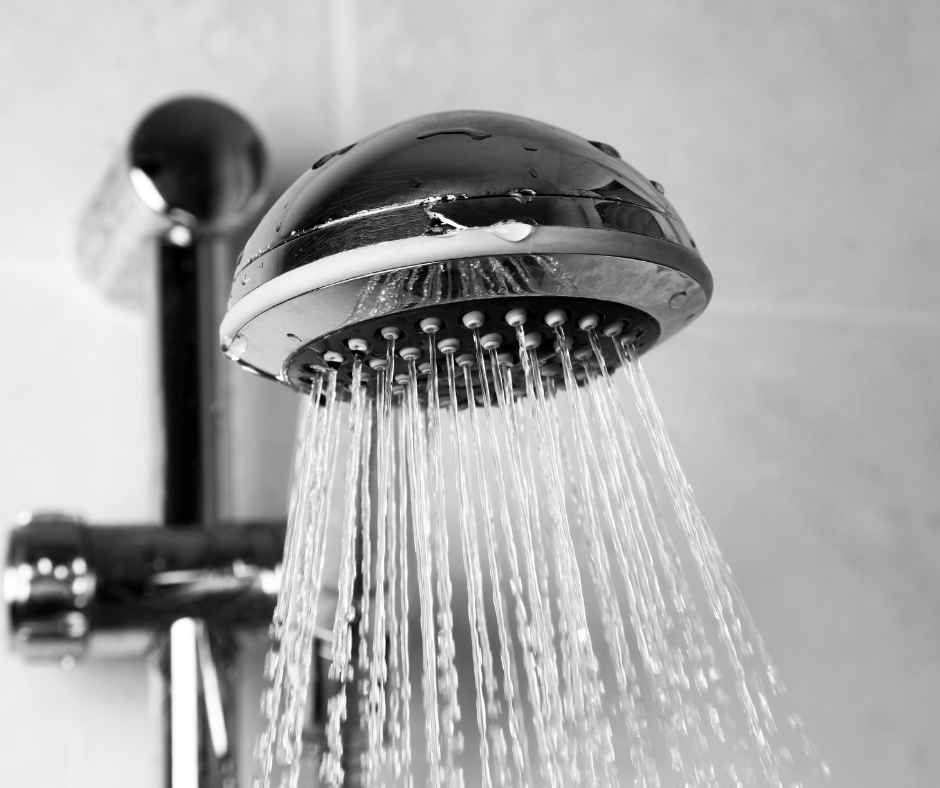
Seasonal Plumbing Maintenance Checklist for Hamilton County Residences
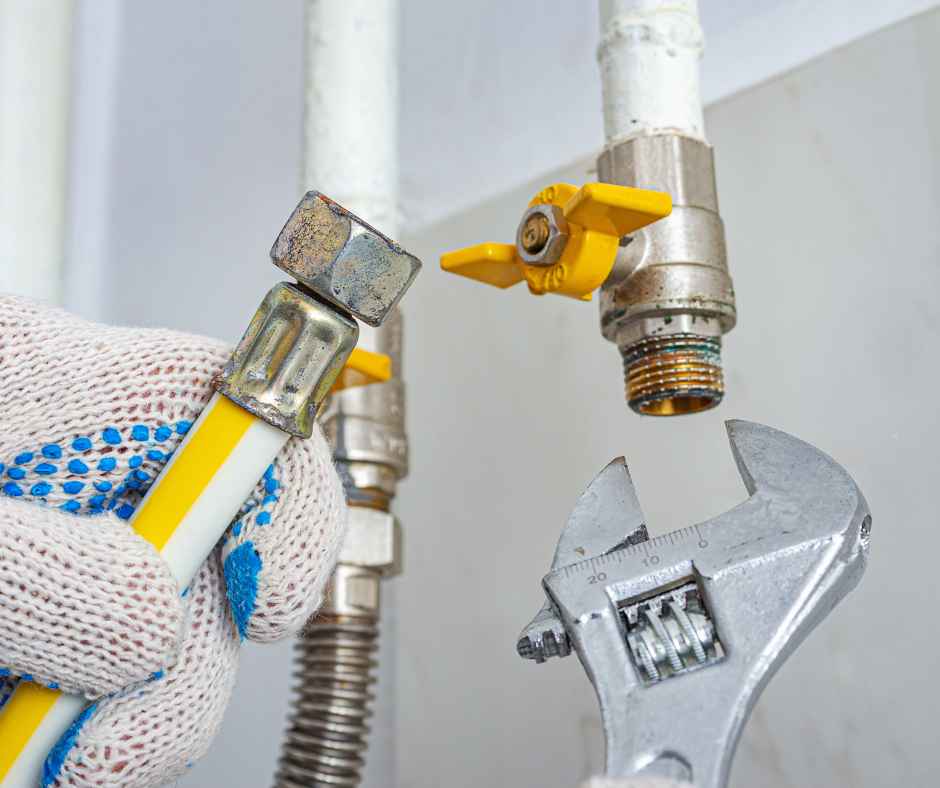
How to Check for a Gas Leak
Get in Touch
